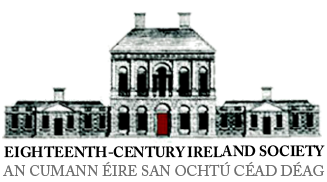Type: Article
Murphy, Seán. ‘Charles Lucas, catholicism and nationalism.’, Eighteenth-century Ireland/Iris an dá chultúr, Vol. 8 (1993), Pp 83-102..
This article suggests that historians have overstated Charles Lucass anti-catholicism and asserts that his stress on the need for Irish autonomy entitles him to be called a patriot. Murphy considers Lucass political career and draws attention to the pamphlets he wrote under the pseudonym A Freeman, Barber and Citizen in the wake of the Smock Alley Theatre riots in Dublin in January 1747. Murphy admits that these pamphlets show Lucas exhibiting prejudices perhaps most closely fitting the stereotype of the protestant bigot. However, Murphy argues that though Lucas was prejudiced, his anti-catholicism has been greatly exaggerated, and the general view of him comes from uncritical acceptance of a fabricated document. According to Murphy, a letter from Charles OConor of Belanagare to Michael Reilly, denouncing Lucas on account of his Barbers letters, was falsified by OConors grandson, Rev. Dr Charles OConor. Murphy discusses Lucass writings and his criticism of the British governments oppression of Ireland and its people, particularly in his election newspaper, the Censor. Murphy concludes that the strength of Lucass denunciation of English misgovernment in Ireland, and his not unsympathetic portrayal of the native Irish, justify the conclusion that he represented an important pivotal stage in the transition from Anglo-Irish or protestant constitutional nationalism to the more radical and inclusive republican separatism of the United Irishmen.
